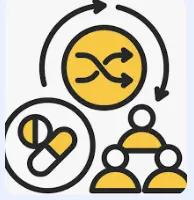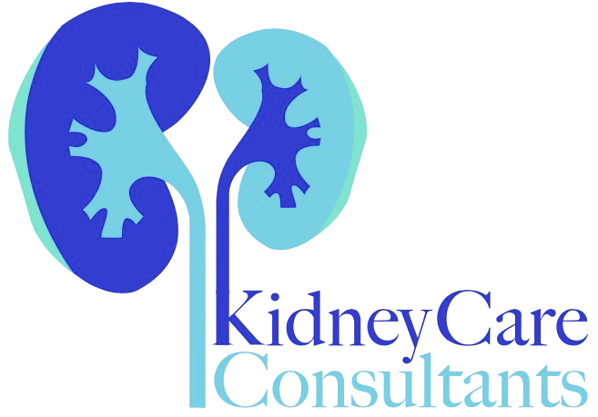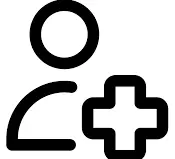What are Clinical Trials?
Clinical research is essential to the advancement of medical science, as it entails investigating new treatments, therapies, and diagnostic techniques. By taking part in clinical research, individuals can help advance medical knowledge while possibly benefiting from the latest therapies. This participation provides access to specialized medical care and innovative treatments that are not yet commonly accessible. For those suffering from kidney diseases, joining a clinical study can present new options for managing their condition and enhancing their quality of life.
How it works
Our process in five easy steps
Online Screening
Sign up for one of our studies and fill out a quick form.
Schedule a Call
One of our staff will call you to schedule a visit where you will learn about the study. This does not confirm eligibility.

Screening
This is where we look at your medical records and run some additional tests to make sure you are eligible for the study. This is also when consent is signed.
Randomization
This is when you receive the study medication.You will have different follow up visits to monitor progress.You will be compensated for these.


LOT Visit
This marks the ending of your part in the study.Final paperwork and physicals will occur during this visit.move some step
Top questions answered
Participants may gain access to new treatments before they are widely available, receive expert medical care at leading healthcare facilities during the trial, and contribute to medical research that may benefit others.
As with any medical treatment, there are potential risks. These may include side effects from the treatment, procedures that may be uncomfortable or time-consuming, and the possibility that the new treatment may not be effective.
After a trial is completed, the data is analyzed to determine the effectiveness and safety of the intervention. Results are often published in scientific journals and may lead to further research or the development of new treatments.
Clinical trials are conducted in phases, each with a different purpose. Phase I tests safety and dosage, Phase II evaluates effectiveness and side effects, Phase III compares the new treatment against current treatments, and Phase IV occurs after FDA approval to monitor long-term effectiveness and safety.
Yes, participation in clinical trials is voluntary, and participants can withdraw at any time for any reason without penalty or loss of benefits to which they are otherwise entitled.
Determining your eligibility for a clinical trial involves evaluating various factors such as your age, health condition, medical history, and specific criteria related to the study. To find out if you qualify for any of our current or upcoming clinical trials, we encourage you to fill out our online screener. This screener is a simple questionnaire that helps us assess your suitability for a trial based on preliminary information. Once completed, our team will review your responses and get in touch with you to discuss potential trial opportunities that you may be eligible for.
Interested in Clinical Trials?
Register one of our Studies Below

Studies Under Nephrology
Studies on diseases and conditions affecting the kidneys

Studies Under Cardiology
Studies focused on diagnosing and treating heart and blood vessel disorders .

Studies Under Autoimmune
Studies focused on condition where the immune system mistakenly attacks the body's own healthy cells and tissues, leading to inflammation and damage.
Trusted by healthcare institutes





